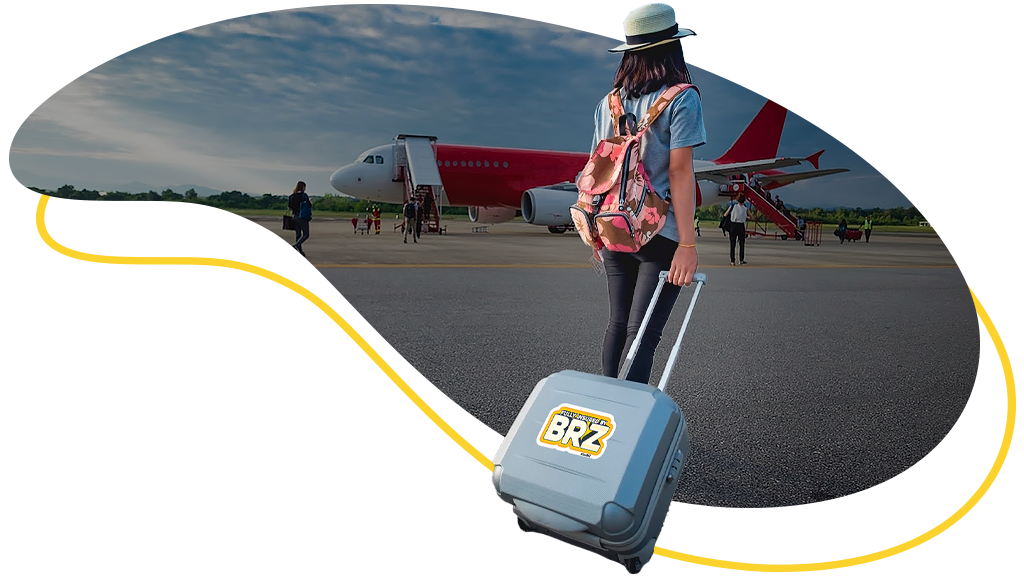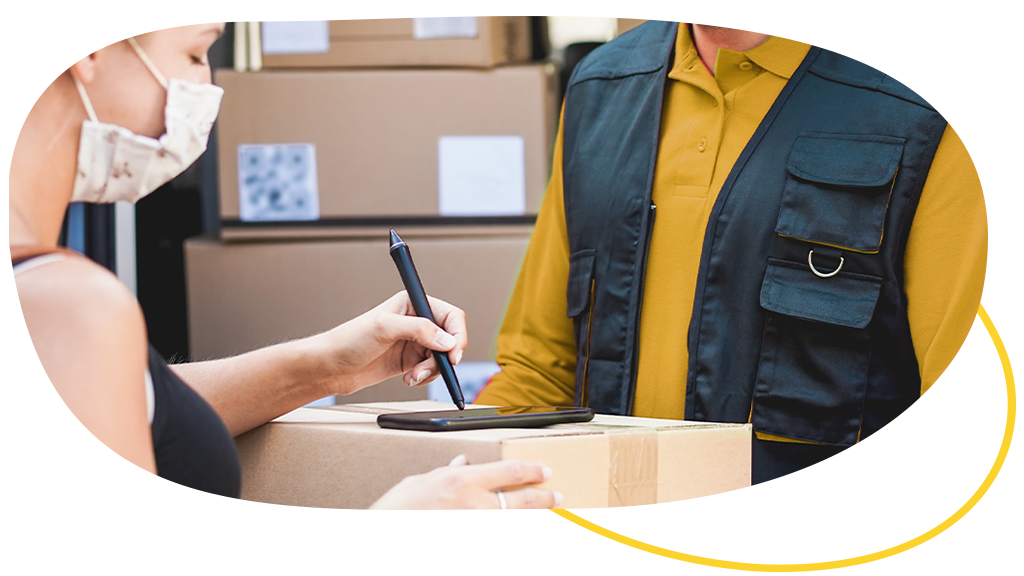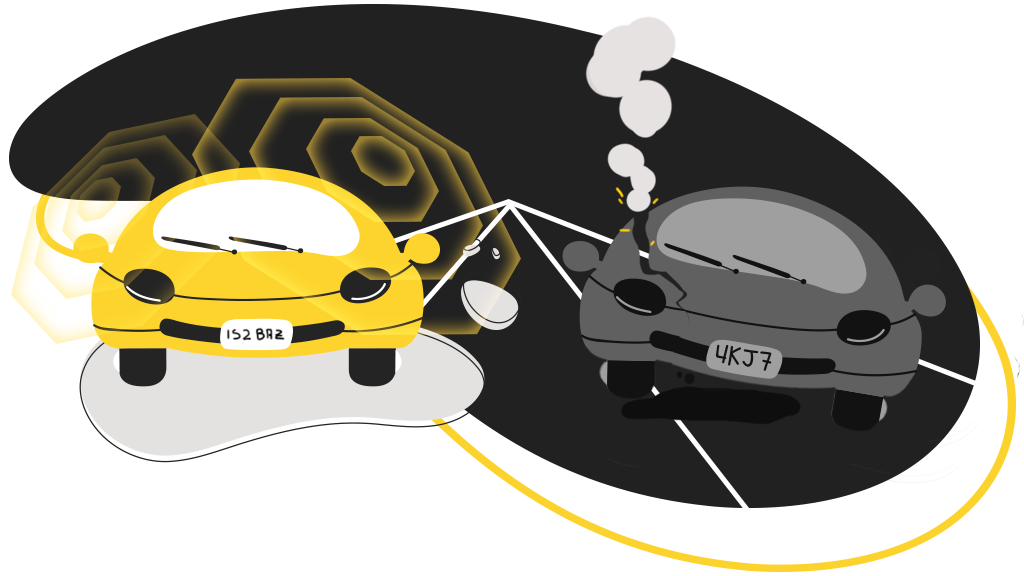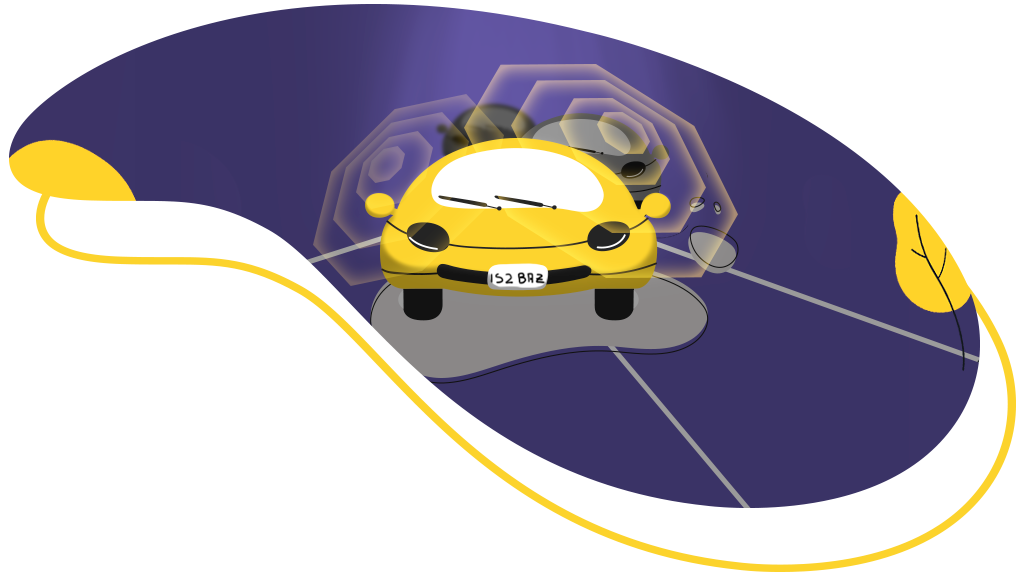After so much work, children’s homework, dishes to wash and traffic to deal with, you FINALLY decide to take a vacation. At first, you think: I’m going to pack my bags, fill up the gas tank, get some snacks, choose a playlist and hit the road!
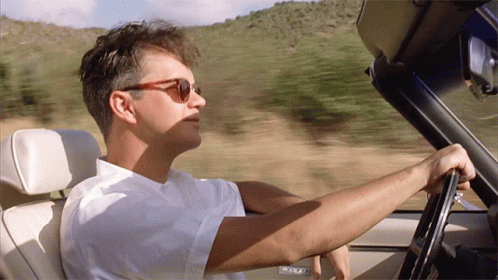
If only it were that simple! Unfortunately, when you are an adult, you have a house to take care of, a family to keep safe and responsibilities– so many responsibilities!

When it comes to taking a trip, you have to think about your home, the vehicle that you will be taking, and the people who will be with you. It can be hard to keep track of all of the details you need to stay on top of, but no need to fear– BRZ is here! We have prepared for you a list of helpful tips to help you keep track of all of the small details you don’t want to forget when taking your next trip!
Strengthen your home’s security
If you live in an apartment, all you have to do is lock the door and you’re all set, right? Renters or condo insurance will usually suffice. However, if you live in a house, there are other key steps to take before taking your car out of the garage.
- Conduct a thorough check of your security system if you have one. Test alarms, motion detectors, sensors and cameras.
- Do you monitor your own security system with an app? Consider temporarily hiring a 24/7 professional monitoring service, so you can travel at ease.
- Still do not have a security system? There are low investment options that can make a difference. Smart doorbells, for example, are quite affordable and easy to install.
- Suspend regular deliveries, mail and newspapers. Newspaper accumulated on the door are signs that the house is empty.
- If you have a good support network, ask a friend to check on house once in a while.
- Install timer lights or schedule your virtual home assistant to turn on and off at various times to create the illusion that someone is home.
- Will it snow while you’re out? Arrange for regular snow removal.
- Review your home insurance coverage and make sure that your home is properly insured.
Check your car
Nobody deserves to be stranded in the middle of the road with a problem that could have been avoided, right? Imagine if this happens on a cold, dark night?
- Check your tires, alignment and spare tire.
- Make sure you have snow tires or chains handy, and familiarize yourself with how to secure the chains before traveling if you will be driving in snowy regions.
- Keep an emergency kit with items you might need such as a safety cone, jack, flashlight and transmission cables. Include a first-aid kit and a blanket to keep you warm in case something happens.
- Change the oil and test the windshield wiper blades.
- Review your auto insurance coverage and travel with the certainty that you are protected from all dangers.
Taking the road
Protected house and a car in perfect condition, it’s time to hit the road! What can you do to make the journey as safe as possible?
- Share your routes and travel plans with a family member or friend.
- Give your friends and family a contact phone number for emergencies.
- Check the weather along your route before departing. Watch out, especially, for storms that can arrive without much warning and devastate entire cities.
- Be well-rested and alert.
- Do not drive if you are not feeling well.
- Use your seat belt.
- Drive at the speed limit.
- Follow the rules of the road and pay extra attention in construction zones.
- Be 100% aware on the road; do not use your phone while driving and avoid distractions.
- Make frequent stops, take turns driving and know how to rest when necessary.
- If you have a problem with your car, try to find a safe place to stop and be careful when getting out of the car.
- Remember to drink water often. Dehydration affects your attention and your well-being.
Learn How to Drive Safely on Frozen Roads
If you’ve never driven on icy roads, don’t be too sure of yourself! Research how to drive safely on icy, snowy or muddy roads. Here are some basic tips:
- Avoid driving until the roads have been cleared.
- Take it easy, do not rush to reach your destination.
- Know when you need to slow down.
- Keep a greater distance than usual from other cars on the road to avoid accidents caused by black ice.
Bring a cell phone and charger
Your cell phone can be your saving grace in any unforeseen event, so don’t forget to charge your battery. Leave home with the device fully charged and take a car charger or power-bank. Have you ever thought about needing a tow and not being able to call for one because your phone ran out of power?
Also, there are several apps that can make your life easier while traveling. Including your insurance company’s app, which can facilitate access to roadside assistance. It’s always a good idea to download or take a photo of your insurance card.
Travelling during a pandemic
Things are getting back to normal, and while we can already see a light at the end of the tunnel, the pandemic is not over. Therefore, to avoid any kind of unwanted “souvenir” from your trip, it is a good idea to follow the safety measures that will protect you from contracting Covid-19 and other diseases.
The following recommendations were taken from the website of the CDC:
How to protect yourself
- Get the available doses of COVID-19 vaccine as soon as possible.
- Even those who are fully vaccinated must wear a mask in closed public settings in communities with substantial to high transmission.
- Stay about 2m away from other people who don’t live with you.
- Avoid crowds and poorly ventilated indoor spaces.
- Consider using a self-test before participating in gathering with others outside your home.
- A positive self-test result means you have an infection and should avoid indoor gatherings to reduce the risk of spreading the disease to someone else.
- A negative self-test result means you may not have an infection. Repeating the test with at least 24 hours between tests will increase confidence that you are not infected.
- Wash your hands frequently with soap and water. Use hand sanitizer if soap and water is not available.
- Protect those who are not yet eligible for vaccination, such as young children, by vaccinating yourself and other eligible people around you.
- Outdoor rides are safer than indoors.
- If you are ill or have symptoms, do not attend gatherings or parties.
Special Considerations
- People who have an illness or who are taking medications that weaken the immune system may not be fully protected, even if they are fully vaccinated and have received an additional dose. They should continue to take all precautions recommended for unvaccinated people, including wearing a well-fitting mask, until their doctor advises otherwise.
- You can choose to wear a mask regardless of transmission level if a member of your family has a weakened immune system, is at increased risk of serious illness, or is not vaccinated.
- If you are meeting with a group of people from multiple families and potentially from different parts of the country, you may want to consider additional precautions (e.g. avoiding crowded indoor spaces before travel, getting routinely tested) before the gathering to further reduce the risk.
- DO NOT mask children under 2 years of age.
- To learn about any restrictions in the area you intend to visit, you can check here and plan accordingly.
